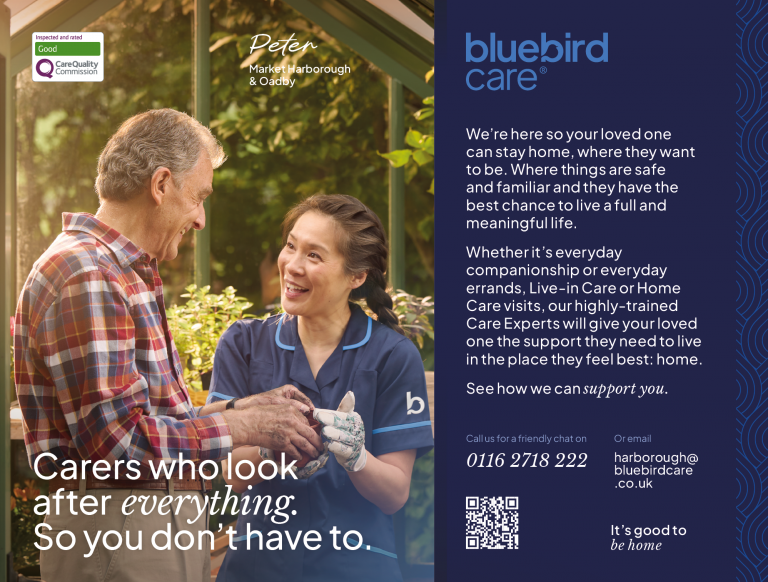Are You An Influencer?
Completing an online survey and watching an interview made me think about communication skills.
‘Surveys are designed to gain knowledge and assess thoughts’ (Survey – Human Research)
Over the years I’ve completed many surveys, both online and on paper, hoping my contribution might make a difference.
I’m sure many of you will recognise the choice of reply we are often given. Agree mostly. Disagree somewhat. Neither agree nor disagree. Yes. No. Don’t know. Don’t have an opinion. Not sure.
What does my response mean in the bigger picture of things? Will it give information that can be used to make a difference? Why do I, sometimes, feel frustrated once I’ve completed a survey? Did the question allow me to show my understanding or give my opinion or feelings?
During my training and career I learnt the use of ‘open’ and ‘closed’ questions. A closed question asks for one/two words reply. An open question invites you to make a detailed response. Sometimes it’s useful to have a yes or no answer. For example; will you be attending? Was that interesting?
When seeking opinion to help us provide a suitable outcome we need information that can give us a more detailed picture. What did you find interesting? What didn’t you like and why?
I’ve found the way journalists interview people fascinating, noting when they don’t allow an interviewee to give an informed answer simply by asking a closed question.
Equally, when an open question is posed we get more information about how an individual feels , thinks and how much they are engaged in what goes on in their community or the wider world. Are we seeing a decline in breadth of vocabulary that enables us to discuss, giving and receiving information, on any topic or subject? Have we become too passive in engaging with others?
In the 1960s, sixth form school pupils were given the opportunity to undertake a ‘spoken language’ course. The aim was to prepare for work or professional training interviews. This was undertaken during the academic year. At the end of the course participants were able to take an AS level exam (Advanced subsidiary). The content of the course was invaluable. It included skills such as; Making eye contact with the person you were speaking to. Using a broad vocabulary. No repetition. Not hesitating by organising your thoughts logically, showing facial expression and demonstrating enthusiasm and interest in the chosen topic.
As a ‘Primary Educator’ I became even more aware of the necessity for there to be quality in communication. Today there is serious concern about limited vocabulary and conversation skills in children.
Is the ability to converse, give our opinions and thoughts, using a wide vocabulary, essential ? In my opinion the answer is YES.
Does a ‘YES/ NO’ survey influence the results in favour of the question setter?
Using a broad vocabulary, interactive conversation can help to influence change, that affects us all, in a positive way.
What do you think?
SF




 Kibworth Mead Academy – A Thriving Hub For Community & Growth
Kibworth Mead Academy – A Thriving Hub For Community & Growth

